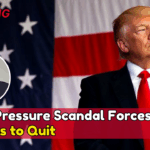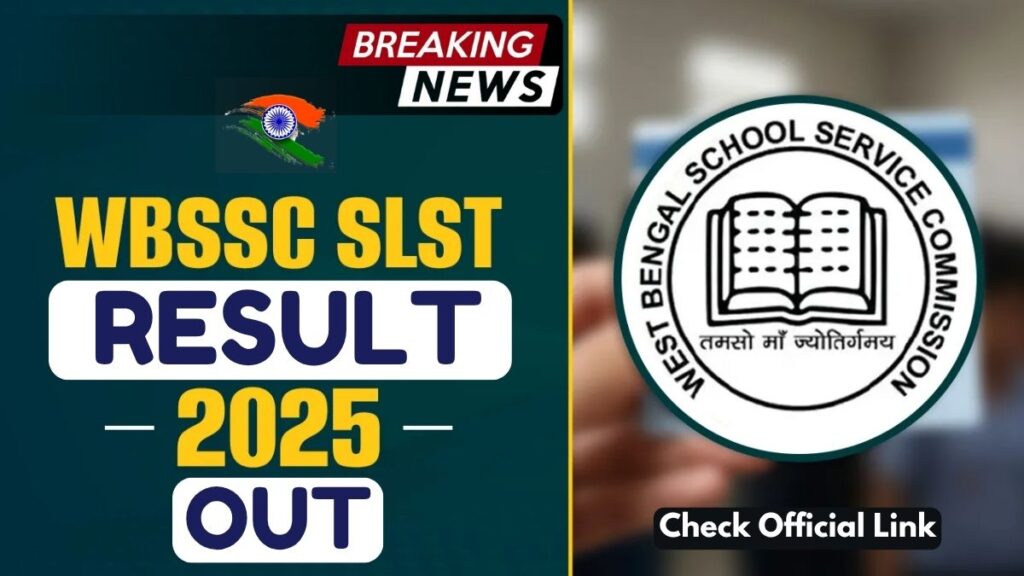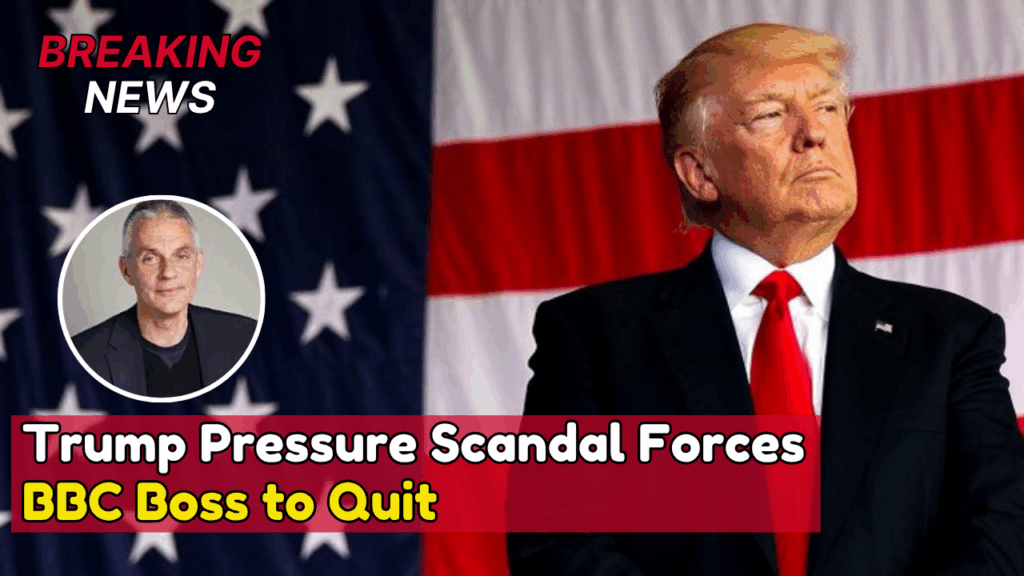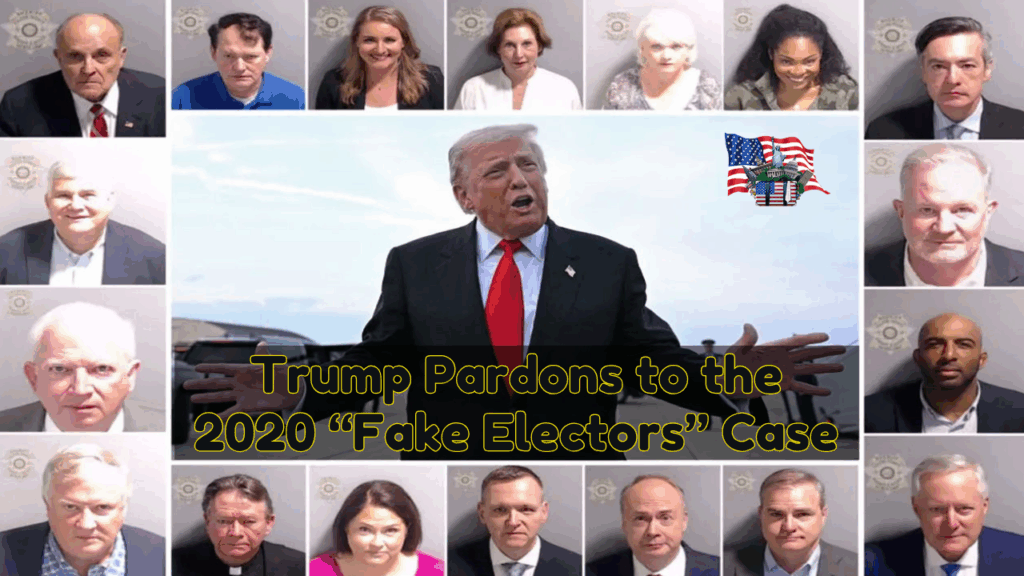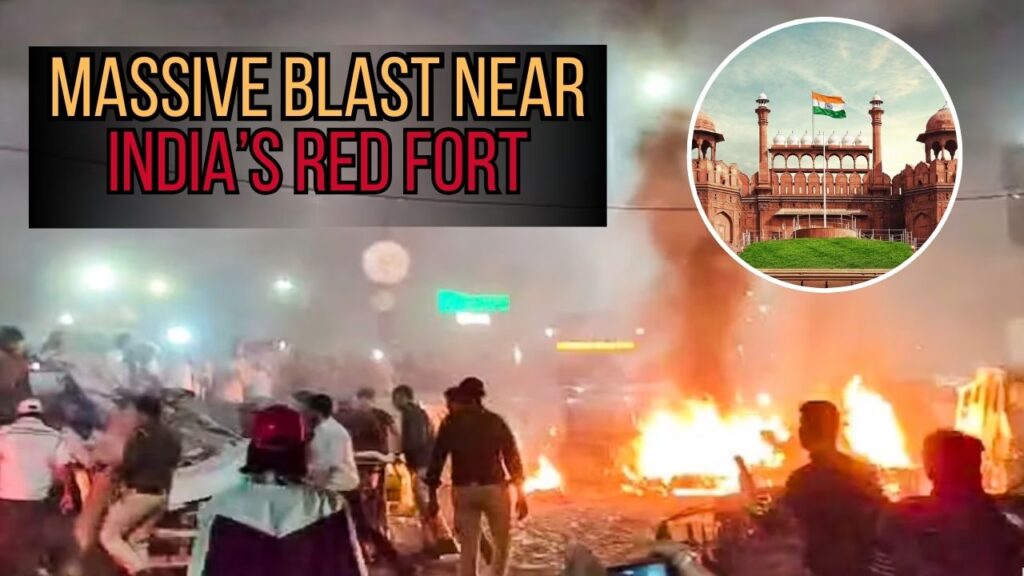Amid rising geopolitical tensions and economic friction, India has reportedly paused its defense procurement talks with the United States, following the imposition of punitive tariffs by U.S. President Donald Trump. According to three senior Indian officials familiar with the matter, the decision reflects growing dissatisfaction in New Delhi over the sudden escalation of trade barriers, particularly in response to India’s ongoing purchases of Russian oil.
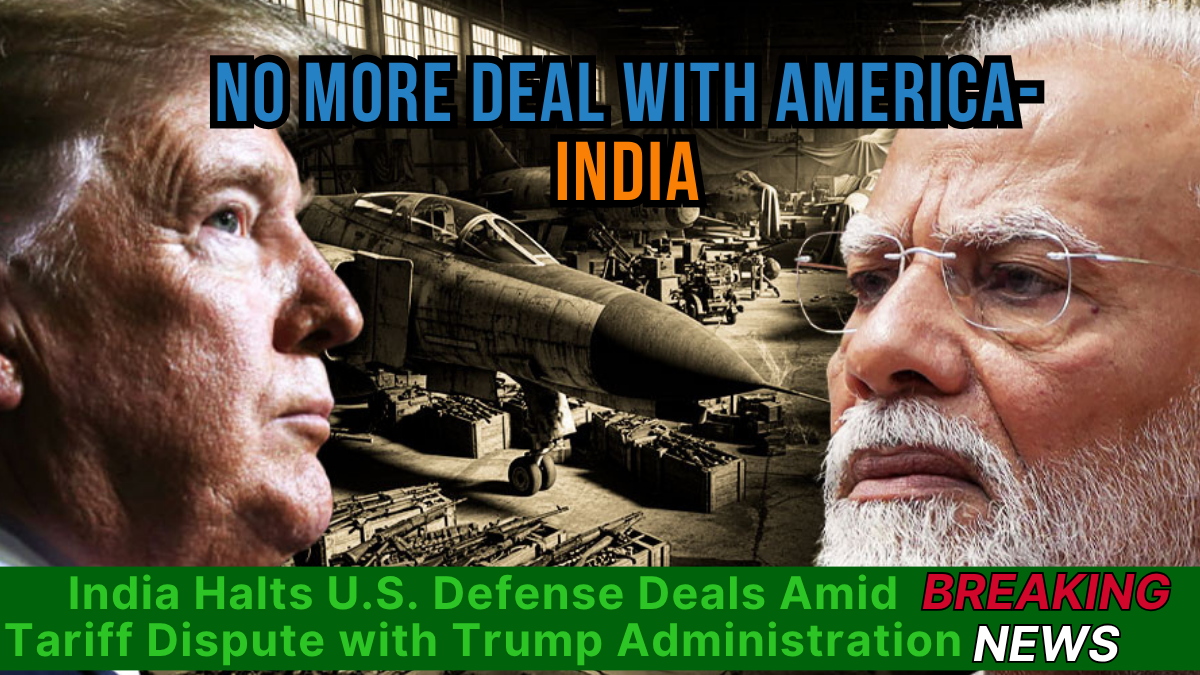
This move is being viewed as India’s first clear diplomatic signal of discontent, putting high-stakes military deals temporarily on hold and casting a shadow over the evolving India-U.S. strategic relationship.
Summary: India Pauses U.S. Arms Purchases

Key Detail |
Information |
|---|---|
Decision |
India has paused U.S. defense procurement talks |
Cause |
Tariffs imposed by President Trump on Indian exports |
Key Deals Affected |
Stryker vehicles, Javelin missiles, Boeing P8I aircraft |
Estimated Value |
Boeing deal alone estimated at $3.6 billion |
Defence Minister’s Visit |
Rajnath Singh’s Washington trip cancelled |
Trump’s Tariff Hike |
Additional 25%, raising total duties to 50% |
India’s Oil Trade Position |
Open to reducing Russian oil imports if U.S. offers competitive pricing |
Official Response |
Indian MoD denies report, calls it “false and fabricated” |
Official Source |
Defense Deals Put on Hold: What’s Affected?
According to the sources cited by Reuters:
- Talks to purchase Stryker armored combat vehicles developed by General Dynamics have been paused.
- Procurement plans for Javelin anti-tank missiles, developed jointly by Raytheon and Lockheed Martin, have also stalled.
- A proposed $3.6 billion deal to purchase six Boeing P8I maritime reconnaissance aircraft and support systems for the Indian Navy is also on hold.
Cancelled Trip to Washington
Indian Defence Minister Rajnath Singh was scheduled to visit Washington in the coming weeks to finalize and announce these deals. The trip has now been cancelled, reflecting India’s intent to reassess its defense commitments in light of the tariff dispute.
Trump’s Tariff Trigger and India’s Response
On August 6, 2025, President Trump imposed an additional 25 percent tariff on Indian goods, citing India’s continued import of Russian oil. This brought the total duty on Indian exports to 50 percent, one of the highest levied on any U.S. trading partner.
India has expressed strong opposition to this move, arguing that:
- It is being unfairly targeted, while the U.S. and European nations continue selective trade with Moscow.
- The tariffs could harm bilateral cooperation beyond trade, including defense and strategic initiatives.
Official Denial from India’s Ministry of Defence
Following media reports, India’s Ministry of Defence (MoD) released a statement dismissing claims of a procurement freeze. The statement described the reports as “false and fabricated”, asserting that defense procurement is continuing under extant procedures.
However, Indian officials privately maintain that while no formal written instruction has been issued, there is currently “no forward movement” on the deals, leaving the door open for a quick reversal if relations stabilize.
India’s Oil Imports and Russian Relations
At the core of this dispute is India’s continued oil trade with Russia, which the U.S. claims is indirectly funding Russia’s war in Ukraine. However:
- India argues that it is buying oil at competitive prices, which align with its domestic energy needs.
- Indian officials say they are open to reducing oil imports from Russia if alternative options (like U.S. oil) come at similar rates.
Notably, discounts on Russian oil have reportedly narrowed to their lowest point since 2022, making diversification more feasible for India.
Strategic Challenges and Opportunities for India
India’s strategic dilemma lies in balancing old and new partnerships:
- Russia remains a long-term defense partner, with legacy systems and military platforms still in service.
- The U.S. has emerged as a vital strategic ally, especially in countering Chinese expansionism in the Indo-Pacific.
Despite the current tension:
- India continues intelligence-sharing and joint military exercises with the U.S.
- It is reportedly not planning any new defense purchases from Russia, despite active pitches from Moscow for systems like the S-500 air defense system.
Past Strains and Political Ramifications
This trade-defense friction is not the first disruption in U.S.-India relations during Trump’s presidency:
- In May, India rejected Trump’s claim of brokering a ceasefire with Pakistan, following a four-day skirmish between the two countries.
- Trump further alienated India by hosting Pakistan’s military leadership at the White House shortly afterward.
These incidents have stirred nationalist sentiment within India, making defense cooperation with the U.S. a politically sensitive issue for PM Modi.
Frequently Asked Questions (FAQs)
Q1. Has India officially paused defense purchases from the U.S.?
Ans. There is no formal directive, but multiple sources say discussions have stalled amid trade tensions. The Defence Ministry has denied halting the process.
Q2. Which U.S. arms deals are affected?
Ans. Discussions to purchase Stryker combat vehicles, Javelin missiles, and Boeing P8I aircraft are reportedly paused.
Q3. Why did President Trump impose new tariffs on India?
Ans. Trump imposed an additional 25% tariff citing India’s oil imports from Russia, which he claims indirectly supports the Ukraine invasion.
Q4. Is India planning to reduce Russian oil imports?
Ans. Yes, Indian officials say they are open to reducing Russian oil imports if they receive competitive alternatives.
Q5. Will the defense deals be revived?
Ans. Yes, officials suggest the deals may resume once there is clarity on tariffs and bilateral direction.
Conclusion: A Pause, Not a Break
India’s temporary halt in U.S. defense procurement highlights the fragile interplay between trade, diplomacy, and national security. While the Ministry of Defence has publicly denied any disruption, behind-the-scenes developments indicate a strategic recalibration in response to unexpected U.S. policy shifts.
The ball now rests with Washington. If the tariff issue is resolved amicably, the stalled deals could move forward. Until then, India appears to be using its procurement leverage to demand fairer treatment and reaffirm its sovereign right to diversify its energy and defense partnerships without coercion.
Official Source
For authentic information on India’s defense procurement policy, visit the Ministry of Defence:
https://mod.gov.in
For More Information Click HERE

